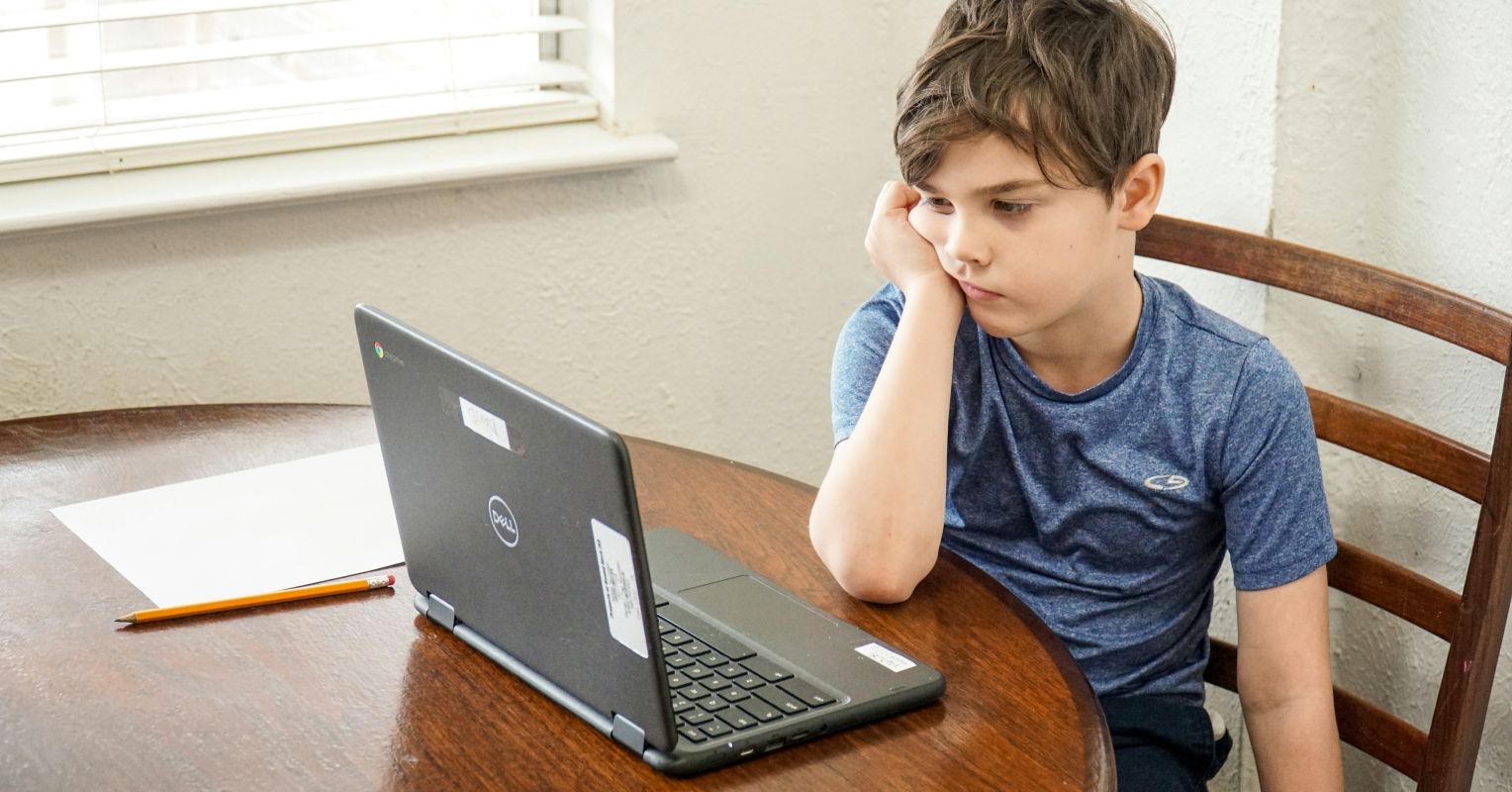Is boredom the new anxiety?

When I started working in private practice more than a decade ago, I often started my sessions with teenagers with a simple exercise. I will give them a set of cards feeling and make them pull the best five difficult feelings for them to determine, discuss and manage. Regardless of what brought the child to my office, I can predict the cards they pull –Angerand anxietyAnd embarrassment. It doesn’t matter sexOr age or the cause of referral; These feelings were always in the first three places.
However, over the years, I began to notice a shift. Some children began to withdraw boredom Feeling the card, and soon they were all. By 2017, the boredom card has become the only card that they wanted to pull at all, and I must really press to get them to define other difficult feelings.
What happened?
Understand the loss of boredom
Initially, I did not realize what was going on, but over time, everything began logically. The devices have become such a basic pillar in the lives of these children so that they did not know what to do with stopping. When they were angry, they can quickly spend themselves via video or text exchange. They no longer have to try a discomfort of anxiety because they can pass. If they are embarrassing, they can hide in their phones.
But boredom? This was not one that they could run because it was usually the result of their devices. Now they had no idea what to do.
Boredom used to be open space on a large scale creativityThinking, and the dreamer of vigilance lived. The field in which children learned to experience ideas and tolerate emotional discomfort. Without external motivation, they left their ideas and feelings, and they had to sit with them. That practice built inner ability. He taught them how to move through frustration, how to wait, how to imagine, and how to solve the problem. In many ways, boredom was an early teacher Self -regulation.
Nervous system
When children lose access to boredom because they have continuous stimulus, they lose this practice. What remains is a Nervous system This feels activated without knowing the reason. The instant discomfort often appears that it is used to growth as boredom now as a kind of disturbing void – something they cannot call and do not know how to solve it without a device. And because their system had no practice sitting inside that space, it becomes increasingly unlikely.
In the families I work with, this shift at home appears as emotional fluctuations. A child melts a moment to cut wi-fi. A teenager Who walks on the house exciting when their phones are taken away. An adult man shows anxious, but he describes the symptoms that seem more like confusion Fearful. What they often test is not to organize the nervous system that denies boredom. And under it, there is an absence of tolerance practiced for emotional discomfort.
Driving role for parents
For parents, this creates a different kind of command challenge. You are asked to lead not only by preparing border But also by modeling. Children watch how to manage your discomfort. They absorb the patterns of organization long before the rules absorb. If every moment is filled with an adult’s life with email, scrolling, or ongoing background noise, boredom becomes a foreign thing not only for children but for adults themselves. Without realizing this, the lesson becomes that stillness is to escape.
Restore boredom as an ally
Parents ’leadership at this moment means restoring boredom as a development ally instead of the enemy to eliminate it. This means allowing the space for children to feel anxious without rushing to save them from him. This means tolerance with their complaints about feeling bored without providing solutions quickly. This means to remember that driving often lives in what is similar, and not only in what is managed.
When one of the parents carries a firm during the frustration that the child drives the child, they do not punish the child. They create space for the nervous child system to extend to a new ability. When the child is allowed to sit in this void without immediate entertainment, they gain a self -regulation. Over time, those moments accumulate calm trustA feeling that one can deal with discomfort without having to escape from it.
Long -term return from discomfort
Boredom has become the new anxiety because it now carries with it the discomfort that the anxiety indicated once. It is an uncertain, dark and unbearable feeling. But the antidote is not the elimination of boredom. It is to restore its right place as a training land SteadfastnessPatience and creative thought.
When parents lead their families through this discomfort, they offer a much greater gift than temporary relief. They are strengthening their children’s ability to be with themselves. They are proud of their ability to drive without rushing to reform.
This is the quiet force of the leadership of parents. It is fixed when the child feels unstable. It remains on the ground when emotions rise. He trusts that what feels uncomfortable now is the same thing to build a force later.













Post Comment